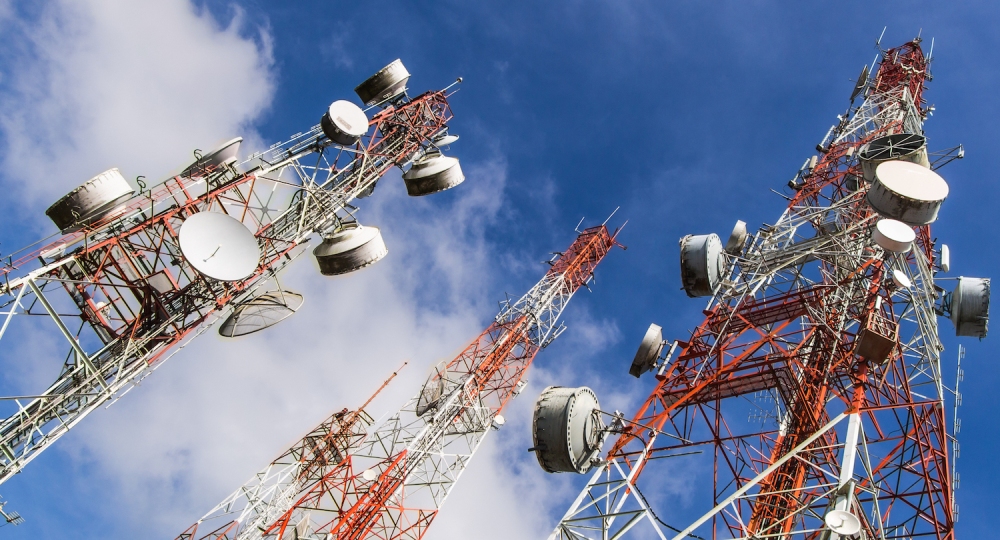Telecoms FDIs declined to $25.81m in Q2 2023 as operators blamed the Tinubu Government for their misfortune.
NewsOnline Nigeria reports that the plunge in Foreign Direct Investments in Nigeria’s telecommunications sector continued in the second quarter of this year as telecom businesses attracted $25.81 million.
This Nigeria news platform understands that compared with the $153.50 million recorded in the same period last year, this represents a 494% decline year on year.
ALSO: FG Announces Date To Commence $617.7m Investment in Digital, Creative Enterprises
However, according to the Capital Importation data released by the National Bureau of Statistics (NBS), the Q2 figure shows a slight increase over Q1.
Quarter on quarter, foreign capital inflow into the telecom sector increased by 17% in Q2 2023 when compared with the $22.05 million investments recorded by the sector in Q1 2023.
The NBS data also revealed that the telecom sector accounted for 2.51% of the total capital inflow into the economy in Q2, which stood at $1.03 billion.
The need for more investments
The decline in investment is coming amid an ongoing implementation of the Nigeria National Broadband Plan (NBP 2020-2025) with a target of 70% penetration by 2025, for which the country is relying on more foreign investments.
According to industry experts, the Nigerian telecom industry would require, at least, $3.4 billion in investments in fibre infrastructure to meet this target.
While there has been a general downtrend in FDI in the country’s economy since the outbreak of the coronavirus (COVID-19) pandemic in 2020, the telecoms sector has been recording a consistent decline in investments over the last 5 years.
Operators blame the Tinubu Government
NewsOnline Nigeria reports that the Chairman of the Association of Licensed Telecommunications Operators of Nigeria (ALTON) Engr. Gbenga Adebayo has said that the challenge of multiple taxation in the telecom industry is one of the major factors discouraging further investments in the industry.
According to him, telecom operators are currently paying a total of 39 taxes and levies, and governments at different levels in the country keep coming up with different charges.
He said the undefined tax regime in the industry has made planning and projections very difficult for players in the industry, adding that potential investors are also on the lookout for these factors and are still watching.
Expressing a similar view, the immediate past President of the Association of Telecommunications Company of Nigeria (ATCON) another umbrella body of players in the telecom industry, Engr. Ikechukwu Nnamani also observed that instability in the country’s forex market has been a major discouragement for many foreign investors who are interested in the country’s telecoms.
- “It has been estimated that the country would require $100 billion in investments in the next 10 years to bridge the existing infrastructure gap in the telecom sector, but where is the money going to come from? The exchange rate situation in Nigeria is of serious concern for foreign investors, they are not sure of what the situation will be by the time they want to repatriate their returns. Their returns on investments could be halved due to the fluctuations in the exchange rate. If we want to see the investors, we have to first address the foreign exchange situation,” he said.














